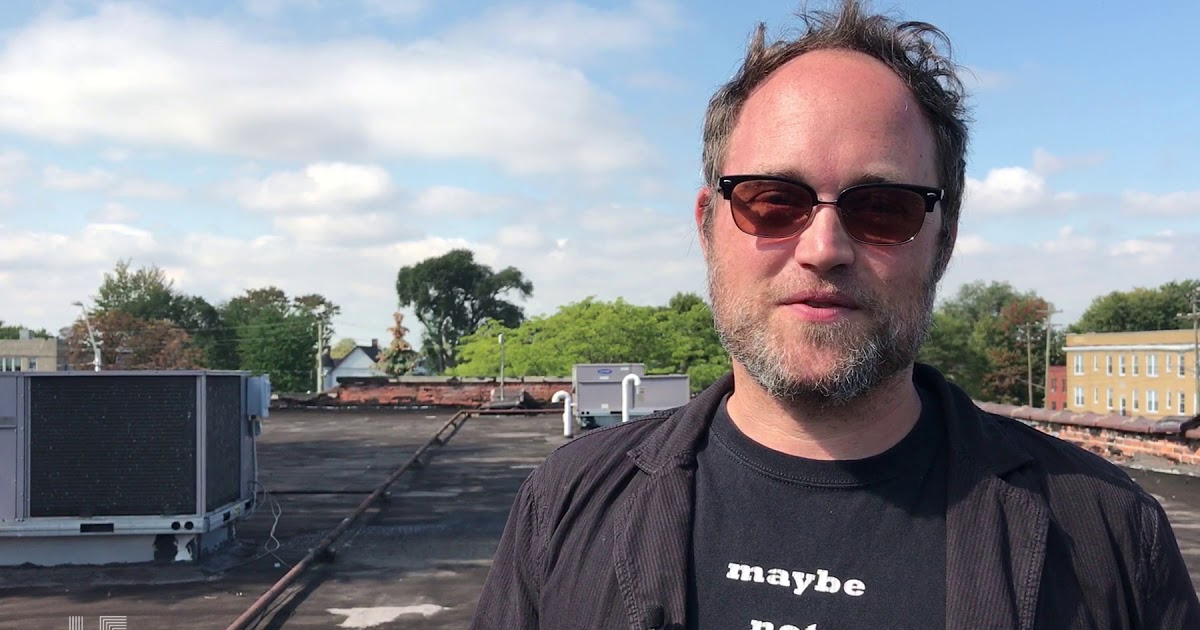The U.S. Supreme Court (SCOTUS) ruled on Monday that if the right to silence is not voluntarily invoked by a person being questioned, silence is not protected by the Fifth Amendment if it occurs before the Miranda Rights are read. The Court’s ruling was the outcome of an appeal of the re-trial of Salinas v. Texas, where defendant Genovevo Salinas’s silence to a question in an interrogation by authorities before his arrest was later portrayed as an admission of guilt by the prosecution in court.
Salinas fell silent and seemed to act uncomfortable when initially questioned by police about his personal gun possibly being a match to the same gun used in the murders of two brothers in 1992. However, Salinas did not testify at the trial, never admitted to committing the murders, and there was no video recorded of Salinas’s alleged silence during questioning between him and authorities.
Yet, the prosecution stated that because Salinas had been answering other questions willingly before he was asked the silencing question concerning the gun, his right to silence was not protected by the Constitution because he did not outright declare that he was invoking his right to silence. Instead, he just failed to answer the question.
The prosecution’s silence-equals-guilt assertion ultimately convinced the jury that Salinas was guilty and he was sentenced to 20 years in prison. An appeal for Salinas, which challenged his right to remain silent did not admit guilt, stood no chance against the higher court, as a majority of the Justices were behind “pre-Miranda” silence not being protected by the Fifth Amendment. The ruling included support from Antonin Scalia, who in the past has publicly implied that imprisoning the innocent serves judicial economy.
The SCOTUS ruling is disturbing, nonetheless, as an otherwise innocent suspect’s documented silence could turn into a “false confession” being interpreted by a court should they go to trial. A slight pause or hesitation by someone who has not been read their Miranda Rights could raise doubts, and if presented in court, imply guilt. And with pre-arrest interrogations being informal and undocumented to begin with, the cutting off of the right to silence is only leading the judicial system to making more wrongful convictions.
Krysta is a writer and researcher with Ring of Fire.

